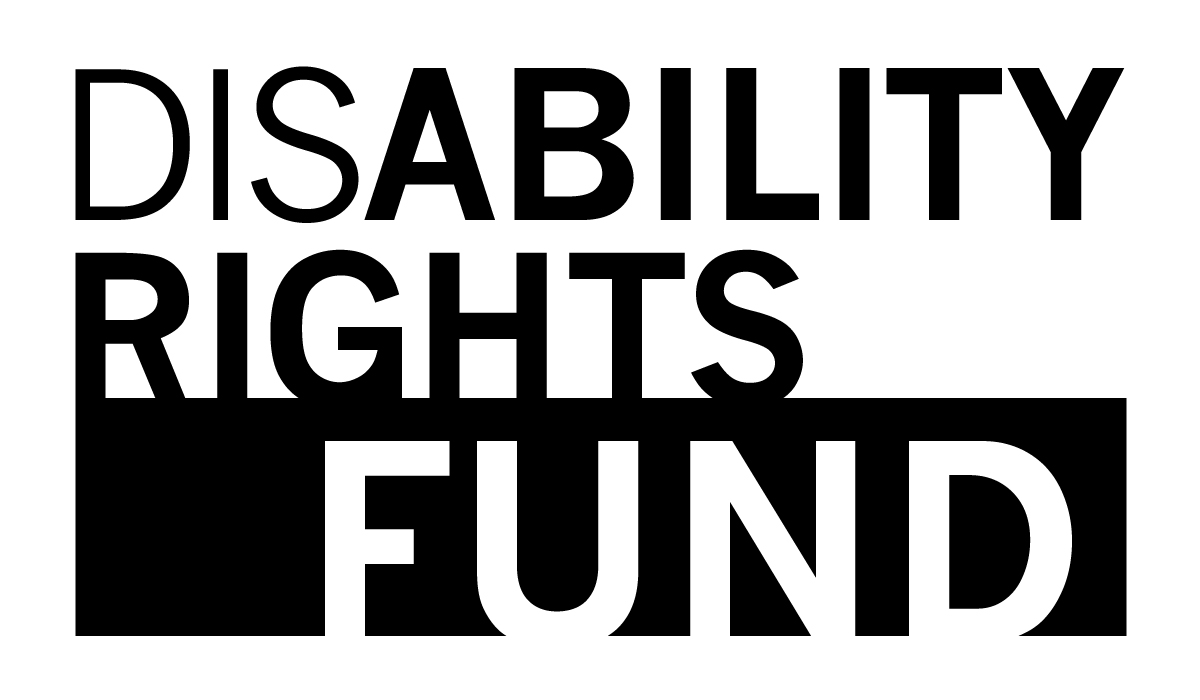
“We always show our muscle,” Ashrafun “Misti” Nahar describes how the Women with Disabilities Development Foundation has won the attention and respect of powerful allies in Bangladesh.
Misti, from Dhaka, Bangladesh, has lived with a physical disability since she was a teenager and experienced firsthand the double discrimination aimed at women with disabilities. Troubled by the gap in services available to women with disabilities, Misti concluded that they needed their own platform for defending their rights. In 2011, she took charge as the executive director of the Women with Disabilities Development Foundation (WDDF).
Misti tells a story to describe what she and other women with disabilities in Bangladesh are up against. Yasmin, a 17-year old woman with disability from a rural village in Bangladesh, was raped by her cousin and suffered in isolation. Yasmin’s family silenced her and she had no idea of how the law worked.
When WDDF’s local partner, a grassroots association of women with disabilities, heard of her plight, they informed her of her rights to seek justice for this crime. When her cousin came back and raped her a second time, she had this group’s support. She filed a police report and the man was promptly arrested.
In a place where the complaints of women with disabilities are routinely ignored by police, such cooperation from the justice system is a victory for WDDF and their partners. Misti explains:
Women with disabilities face the double cultural stigma of being female and being disabled. They endure abuse and violence, including sexual violence, at rates much higher than other women. We advocate and train the police and legal system about issues affecting women and men with disabilities. And we are beginning to see a shift in the attitudes of many police stations and courts, which have become valuable allies.
WDDF also works closely with other women’s organizations in Bangladesh, which often overlook the unique needs of women with disabilities. WDDF refers women with disabilities to other organizations working on legal aid, health services, or employment. Many of them are growing increasingly sensitive to the particular needs of women with disabilities through their collaboration with WDDF.
With funds from the Disability Rights Fund, WDDF partners with other women with disabilities’ organizations to maximize their collective impact guided by the UN Convention on the Rights of Persons with Disabilities (CRPD). This coalition brings together three organizations of women with disabilities —Protike Mohila O Sheshu Sangstha (PMSS), Bogra Zila Spondon Protibondhi Nari Parishad (Spondon), and WDDF.
Together, they advocate for legal and policy change to recognize the rights and improve the lives of women with disabilities. Their strategies range from pressuring reluctant police forces to take complaints seriously to advocating for rights at the highest levels of government, to bringing public attention to violence against women with disabilities through the media.
While WDDF and its allies still face considerable opposition in regard to cultural norms and a general lack of public concern, Misti says:
Ours is a relatively young movement, and it will take time before Bangladesh starts to become the fully inclusive country that we strive to make it. My greatest hope is that Bangladesh will be a country free of all physical and institutional barriers to persons with disabilities.
Story and interview by Sofia Jamall
